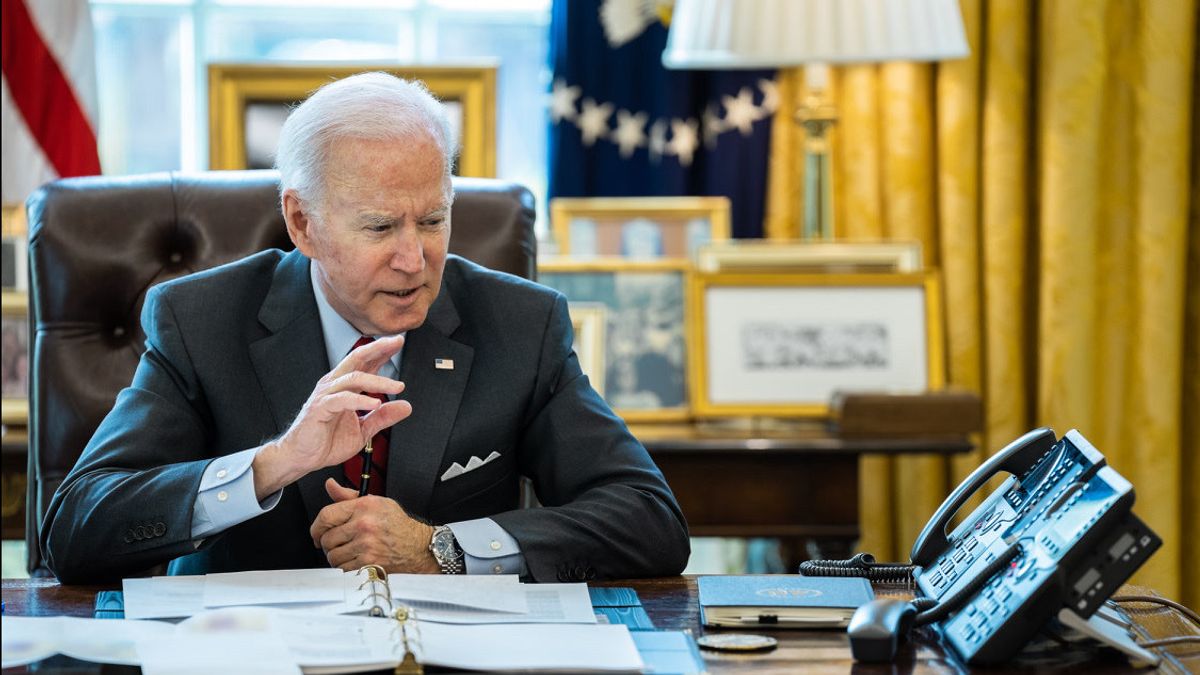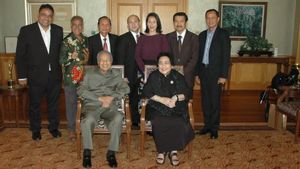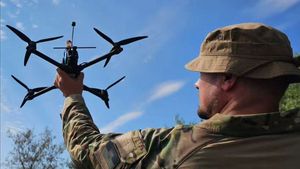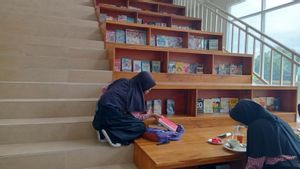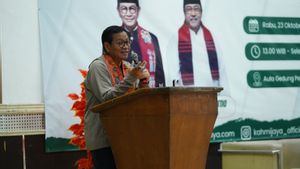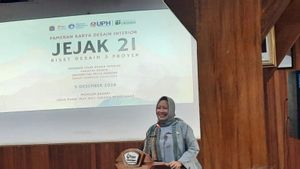JAKARTA - United States intelligence has warned of possible nuclear or long-range missile tests or both, during and after President Joe Biden's visits to South Korea and Japan starting this week, said US National Security Adviser Jake Sullivan.
"Our intelligence does reflect the genuine possibility that there will be further missile tests, including long-range missile tests, or nuclear tests, or frankly both, in the days leading up to, on, or after the president's trip to the region." Sullivan said at a briefing at the White House.
"We are preparing for all possibilities," he continued.
Sullivan said the United States was coordinating closely with South Korea and Japan. He had also discussed North Korea with his Chinese counterpart Yang Jiechi in a phone call on Wednesday.
Sullivan said the United States stands ready to make short-term and long-term adjustments to its military posture as necessary, "to ensure that we provide defense and deterrence to our allies in the region, and that we respond to any North Korean provocations."
President Biden's May 20-24 trip will be his first to Asia as president. This will include his first summit with South Korean President Yoon Suk-yeol, who takes office on May 10.
Meanwhile, the White House said President Biden would not visit the Demilitarized Zone (DMZ) separating North and South Korea during his visit to South Korea, which began on Friday, after saying last week he was considering such a trip.
"He will not be visiting the DMZ, not on this visit," said White House spokeswoman Karine Jean-Pierre.
Earlier, US and South Korean officials said North Korea appeared to be preparing to test an intercontinental ballistic missile (ICBM) ahead of Biden's trip to South Korea, even as the country battles a major COVID-19 outbreak.
Separately, South Korea's Deputy National Security Adviser Kim Tae-hyo said such a test appeared imminent, while a US official said it could happen as soon as Thursday or Friday.
Kim Tae-hyo said "Plan B" had been prepared in case of a small or major North Korean "provocation", which could involve changing the summit schedule.
North Korea has conducted repeated missile tests since President Biden took office last year, with this year resuming ICBM launches for the first time since 2017. After each launch, Washington urged North Korea to return to dialogue, but there was no response.
The English, Chinese, Japanese, Arabic, and French versions are automatically generated by the AI. So there may still be inaccuracies in translating, please always see Indonesian as our main language. (system supported by DigitalSiber.id)
